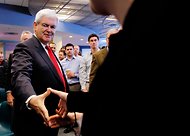Rutashubanyuma
JF-Expert Member
- Sep 24, 2010
- 219,463
- 911,172
- Thread starter
- #61
[h=1]
 [/h]
[/h] [h=1]Obama can't fight class war too soon[/h] The American middle class hardly needs telling it's struggling: Obama needs to name the enemy, not emote empathy
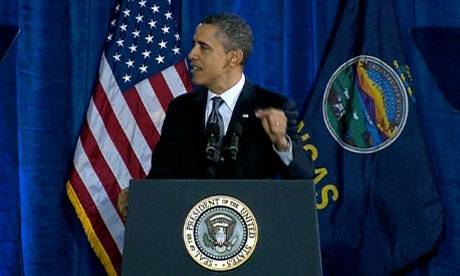
Substantively, nothing in Obama's Kansas speech broke new ground. No new policies were put put forth and no new arguments were made. I'd argue that the tone – restrained frustration leavened with the pixie dust of hope – was not especially different from other recent addresses, either.
And you can't argue that it's breaking new ground for a president to empathise with a ravished middle class.
What's new is the admission by a president that the problem facing middle-class families isn't getting to the next rung on the ladder, it's that they are struggling to remain middle-class – and that this erosion is a problem of national concern, not just a set of individual sad stories that could find a happy ending with luck and pluck.
"When people are slipping out of the middle class," he said, "it drags down the entire economy from top to bottom."
This is not news to anyone actually in the middle class, or who at least used to be.
Soon, the middle class will only exist in speeches given by politicians and in the minds of workers who cannot allow themselves to identify as something below that. The face of poverty looks more and more like the face in the mirror as thousands of Americans turn to food banks and homeless shelters for the first time. Yet, I think we may be too proud to let the term "middle class" slip away – even as the moderate level of prosperity and disposable income that defined it becomes a day dream.
Obama takes a risk in his willingness to openly discuss the fragility of our national self-image: admitting how bad things have become can only work to his electoral advantage if he offers a solution that feels right to voters – or if he can channel their discontent away from himself. That's probably the logic behind his choice to invoke the language of Occupy Wall Street and to put its most basic principle (the rich should pay more in taxes) into legislation.
To be blunt about how the middle class is suffering, you have to be blunt about who is making them suffer. That he chose to ground his argument with references to Teddy Roosevelt (rather than, say, Franklin) and praise of capitalism suggests that maybe he is still unwilling to talk about how the 1% got to enjoy their privileges, though. The problem with saying that "this is a make-or-break moment for the middle class" is that it glosses over all the moments that came before it – and makes it sound like the middle class isn't already broken.
The punditocracy has reacted pretty reliably to Obama's speech: those on the left have swooned over his embrace of populist rhetoric, those on the right have raised the tattered banner of "class warfare", apparently not realising that class warfare has been going on for quite awhile now – and the rich have been winning.
Politicians always put themselves rhetorically on the side of the middle class without ever admitting there's a fight going on. Obama has finally acknowledged that the elephant in the room is crushing us.
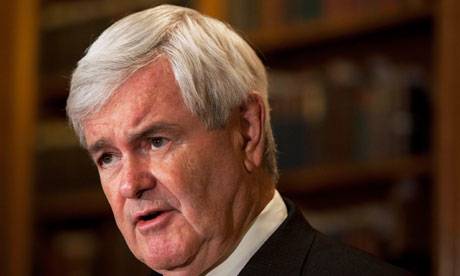

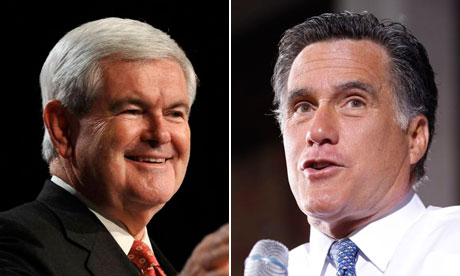
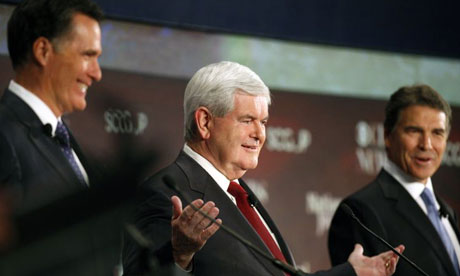

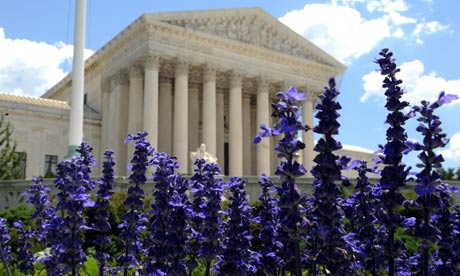
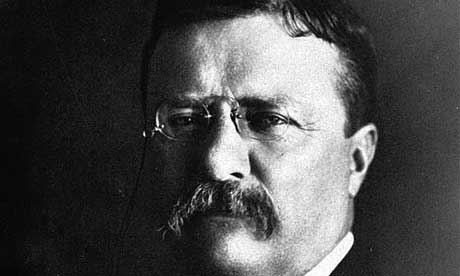

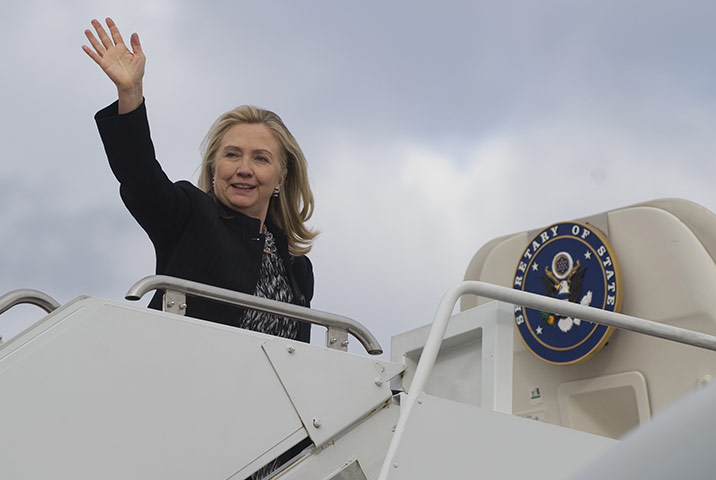
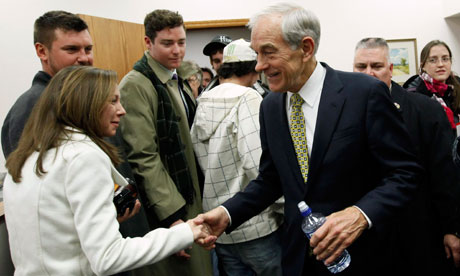
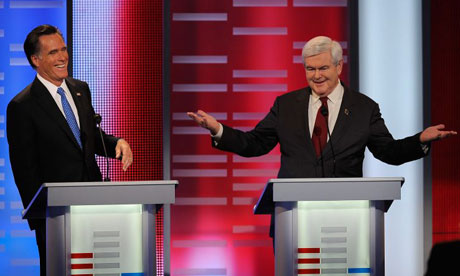
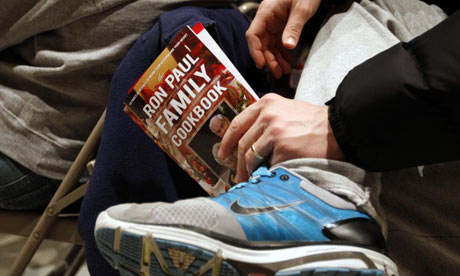

 Juana Summers @jmsummers
Juana Summers @jmsummers 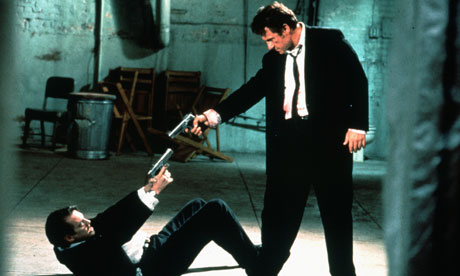
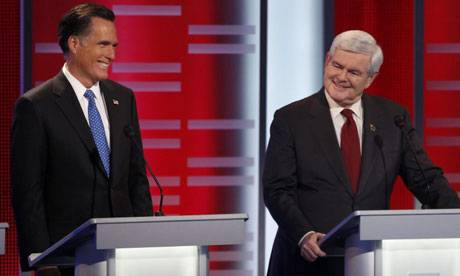
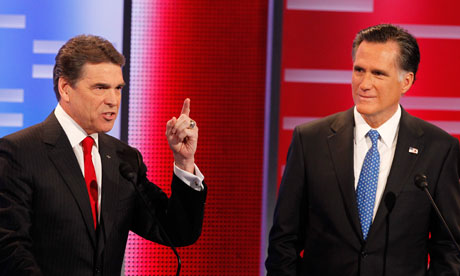
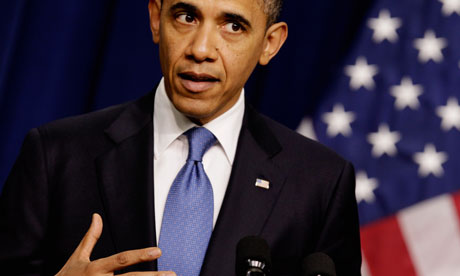
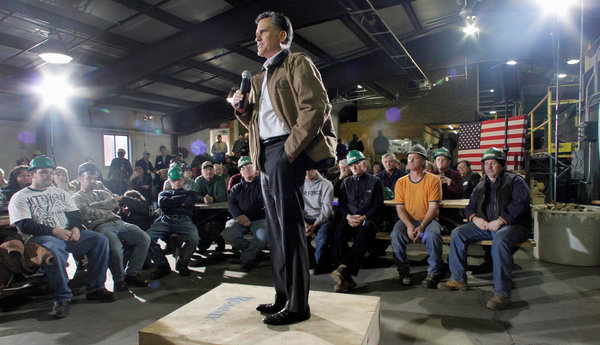

 Interactive Feature
Interactive Feature 